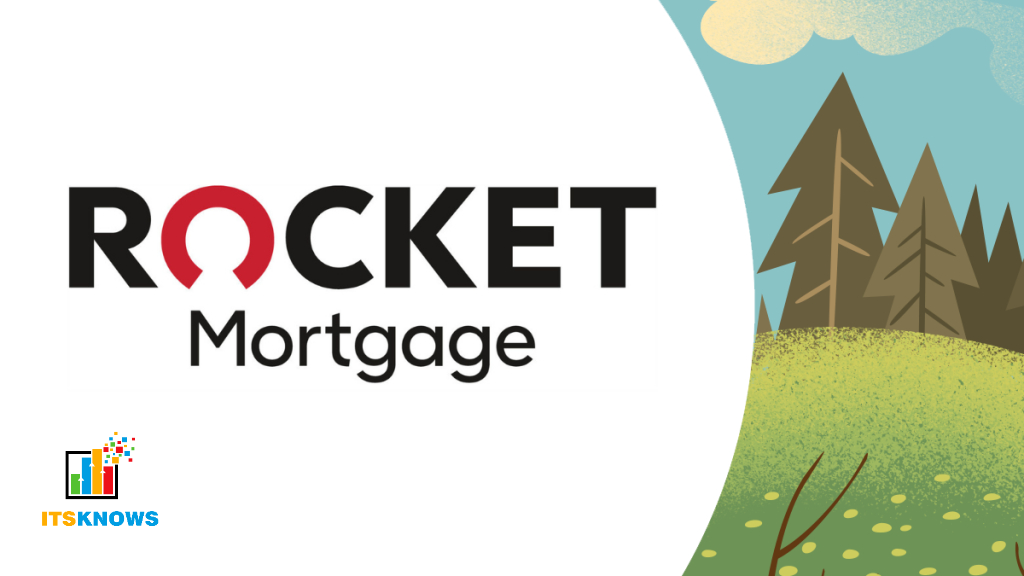Today’s real estate market is competitive. There are more buildings than ever before, with more potential buyers than ever before. In order to stand out from the competition and gain the upper hand on your mortgage lender, you need to own your mortgage. Let’s take a look at who owns rocket mortgage and how they can help you succeed in today’s lending climate. Rocket mortgage is a term that’s generally used to describe the high-interest rate that comes with having existing creditworthiness taken into consideration when obtaining a loan. It’s a way for lenders to make sure that borrowers with past-their-prime mortgages aren’t able to buy properties at inflated rates — often described as “rocket- Mortgage ury” in financial jargon. That means anyone who has this type of debt shouldn’t be getting any special treatment when applying for a mortgage in today’s lending climate, which is why it should be considered a red flag for potential borrowers. Many lenders have taken steps to eliminate or reduce the risk of rocket mortgages for their customers, but there are some exceptions such as Rocket Lending. Keep reading to discover more about who owns a rocket mortgage and what it means from an owner’s perspective.
Who Owns Rocket Mortgage?
The people who own rocket mortgages are the same people who own the mortgage industry collectively. Lenders. When a lender purchases a loan from a closed loan business, they’re acquiring the underlying assets — the loans, the assets, and even the information used to make the loans. For the most part, this means that lenders are also becoming owners of the properties they acquire and depending on the lender, this might also include the right to repossess the assets if necessary to satisfy creditors.
How Loan Originators and Lenders Determine Who Owns Rocket Mortgage
The way that most banks and credit unions determine who owns a rocket mortgage is through what’s called “percentage ownership”. This means that lenders mark their opinion of the ownership on the loan application, and the actual ownership percentage is reported as part of the loan documentation. In some cases, the lender may even name the owner as a part of the loan documentation, but that’s not the norm. While percentage ownership is the most common method used to determine who owns a rocket mortgage, there are other methods as well. A lender may also determine who owns a rocket mortgage by looking at the borrower’s net worth.
When Is a Loan Originator or Lender Likely to Consider a Borrower’s Creditworthiness When Applying for a Mortgage?
The type of loan you apply for can heavily influence what type of lender you ultimately choose. If the loan applications you receive are predominantly for high-interest, short-term loans, you may want to consider a lender with a less aggressive loan-approval policy. After all, you don’t want to end up with a loan that you can’t repay, even if you can make payments on it. The type of borrower you choose also affects the likelihood that a lender will approve your loan application. If you’re an owner looking to refinance your mortgage and take advantage of lower rates, for example, the lender may be more inclined to approve your loan application if you also have a history of making mortgage payments on time and paying your bills.
How Loan Loss Contingency Works on Loans That Have rocket Mortgage
When a lender loses a loan, they have a legal obligation to make good on it. And in many cases, they have to pay out a portion of the losses as a “consequential damage” against the borrower. In other words, the lender has to pay you back even if they didn’t lose the loan. Many lenders have begun to use a “lapse policy” when it comes to lossakia. This means that the lender will cover only up to a certain percentage of the loss, and only then if the borrower had actual control over the loss. Typically, a lender will cover 100% of the loss if the borrower was at fault and the cause of the loss was the borrower’s own mistake, or if the borrower’s negligence caused the loss.
The Bottom Line
Owning a mortgage is a risky financial decision, and the potential rewards are extremely limited if you don’t do it right the first time. If you’re like most people, you’ve lined up a number of debt payments, maybe even a few missed payments, over the years. If you’ve built up a decent credit score and have a solid track record of paying your bills, you may be able to obtain a loan without putting too much pressure on your finances. But if you’ve made a habit of late payments or skipping payments, you may want to think about your options with respect to acquiring a mortgage. If you’ve fallen behind on payments in the past, it’s worth asking yourself whether you deserve the same treatment as a customer who has missed payments in the past.
